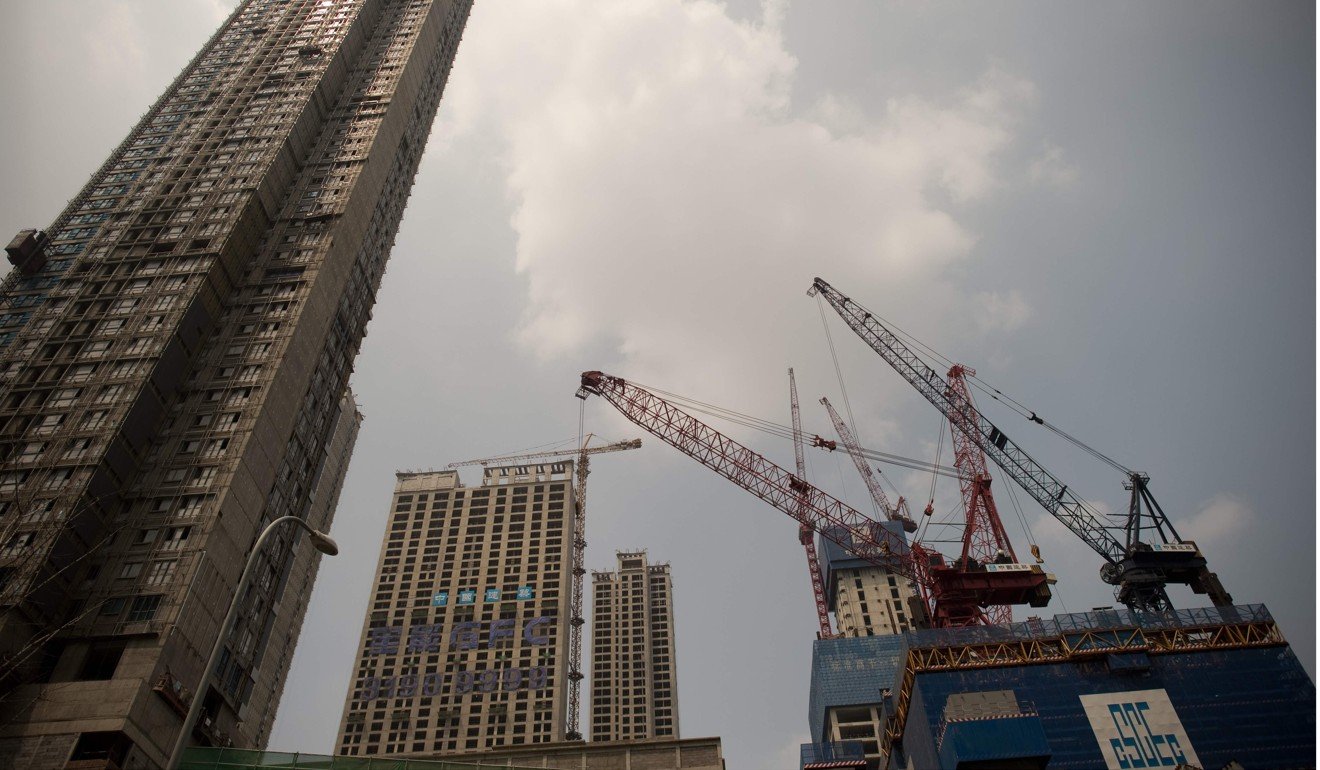
Foreign developers regain shine as mainland developers seek out expertise in commercial property management
Foreign real estate developers are being assessed for the professionalism and expertise they can bring to project management, especially when it comes to sourcing tenants, best practise and urban renewal, experts say
Over the past decade China’s supercharged property market has become a playing field dominated by local companies, with overseas firms, including Hong Kong ones, playing a minor, if not irrelevant role.
Tellingly, foreign companies are no where on the list of the top 100 developers in terms of contracted sales in 2017.
A decade ago a number of overseas property developers were active in China’s luxury residential market, with Embassy House and Park Avenue in Beijing developed by American development and investment company Hines.
In 2011 Blackstone Group sold most of its interest in Shanghai shopping mall Channel 1 to New World Development. The companies said at the time that the sale was normal for an international firm and that does not mean a retreat in China.
However, industry insiders said stress in funding and, setbacks in local cooperation contributed to the sale, as Blackstone could have reaped a much higher return if they chose to exit later.
“Foreign firms simply don’t have the capacity for scale in China,” said Qiu Haibin, president of Orient Ruichen, an alternative investment fund involved in the property business. “Local developers mainly rely on bank loans and have strong ties with local banks and governments, while most foreign firms adopt a fund model.”

He said local developers have taken the “high-leverage, high turnover” playbook to the extreme while foreign companies are wary, preferring to develop individual projects. While some projects by foreign companies yield good returns, they tend to suffer from limited scale.
Wilson Chen, chief investment officer of Tishman Speyer China, a unit of New York-headquartered Tishman Speyer, said the company is focused on individual projects, and remains wary of excessive leverage.
“We bring international best practises of property development, asset management and urban renewal to China. Many local developers teamed with us for our expertise in offices, especially tenant introduction,” Chen said.
Tishman Speyer has to date developed seven projects in five Chinese cities, representing 2 million square metres of development over the past 12 years. By comparison, top local developer China Vanke sold 4.5 million sq m of residential properties in December, and 36 million sq m in the past year.
“If you bought land cheap, even fools can earn money,” said Sun Hongbin, chairman of Sunac China Holdings.
China’s fast-growth property market has left local developers with little interest in learning from foreign peers, as reflected in the limited number of projects developed in cooperation with foreign companies.
But this is slowing changing, especially in commercial property sector, according to Zhang Ping, executive-director of International Federation of Finance & Real Estate.
“Commercial property is more sophisticated and with over a century of experience, overseas firms have formed a set of best practises, in both asset management and capital operation,” she said.
Rent is the cornerstone of value appraisal of commercial properties, and foreign firms are strong at improving the tenant mix and quality of the buildings so that rents rise over time, Zhang said. This strays from the outlook of local developers, who seek to sell homes as fast as possible.
Among the top 10 commercial property developers in China in 2017, five are overseas companies, of which four are Hong Kong companies and one is from Singapore, according to consultancy Guandian.

